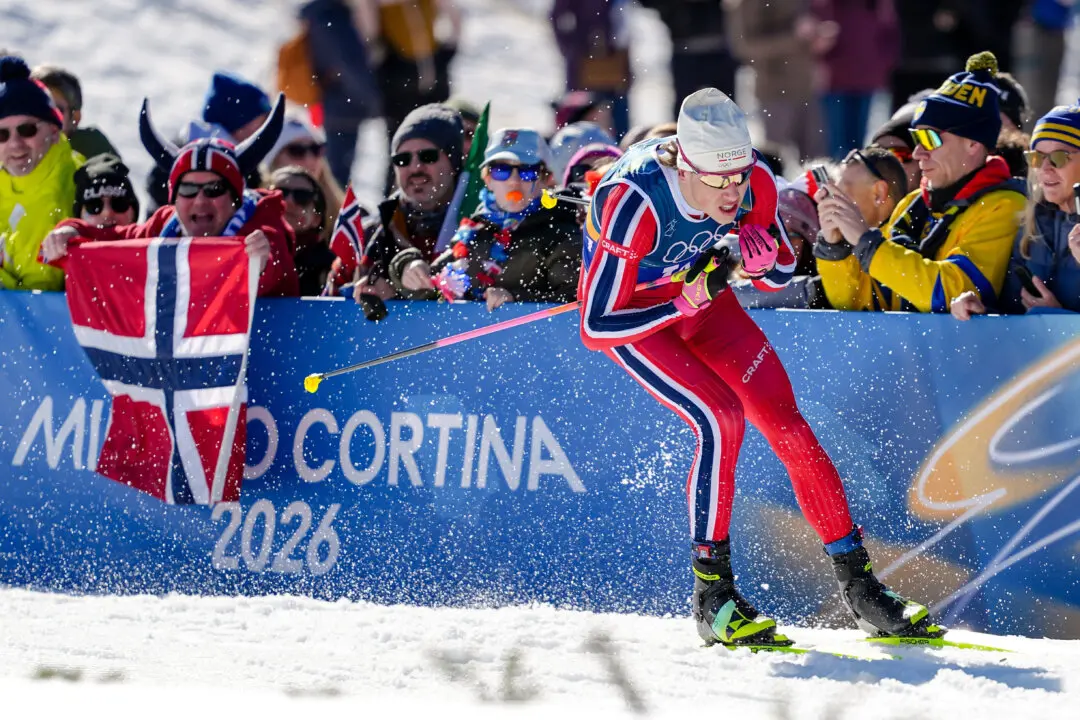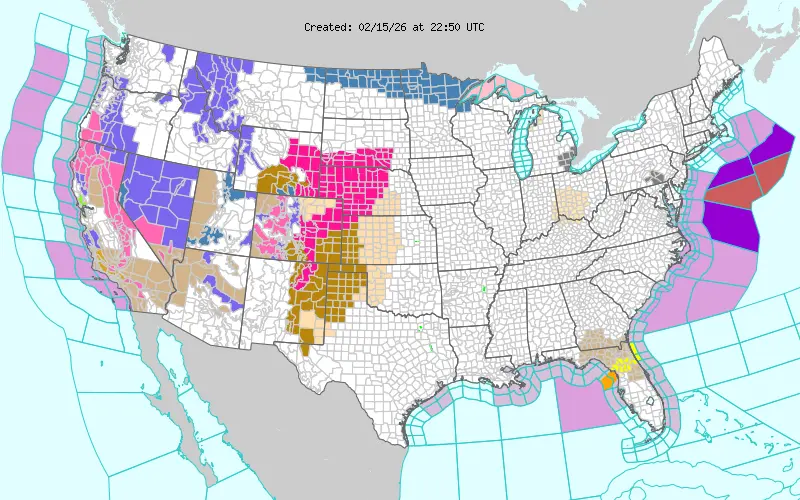CHICAGO—Former Northwestern University football coach Pat Fitzgerald is suing the school for $130 million, saying his alma mater wrongfully fired him in the wake of a hazing and abuse scandal that has engulfed the athletic department.
The announcement by Chicago-based attorney Dan K. Webb on Thursday comes nearly three months after Fitzgerald was suspended and then fired after 17 years as head coach of the Wildcats.





